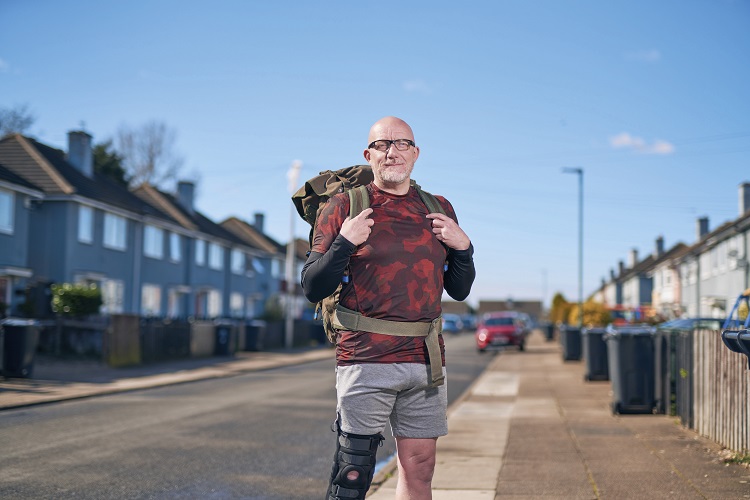74% of workers in education volunteered or raised money during the pandemic

@bemoreboundless #PublicServiceDay – 74% of workers in education volunteered or raised money during the pandemic
Survey reveals astonishing story of UK’s big-hearted key workers on Public Service Day
Almost three-quarters of those working in education in the UK have undertaken volunteer work or raised money to help others during the pandemic, a survey released on Public Service Day has revealed.
The nation’s teachers, nurses, firefighters, carers, administrators, civil service workers and police officers have been some of the hardest working during one of the most difficult periods in the country’s history.
But remarkably, they have still found time to give something back to society, according to a national survey commissioned by public sector and civil service membership club Boundless.
It’s a revelation that makes Public Service Day on Wednesday 23 June all the more poignant.
Darren Milton at Boundless said: “If we didn’t know already just how special the people who work in education are, these survey results really underline it.
“Not only have they been working tirelessly to help their country in such difficult times but they are also the heart and soul of the communities they serve, often volunteering for roles to help others or raising money for good causes.
“Now it is time, on Public Service Day, for us all to say ‘thank you’ and let them know we really do appreciate everything they do.”
More than 74 per cent of those working in education in the public sector have volunteered or raised money during the pandemic, but not for the first time.
In fact, those polled said they have raised on average £6,629 per person during the course of their career for charity.
Some of the activities supported by those in the education sector over the last 15 months include:
- Donating items, 37 per cent
- Taking part in sponsored walks or runs, 19 per cent
- Organising virtual quiz nights, 15 per cent
- Delivering meals or items to the underprivileged or vulnerable people, 13 per cent
- Organising fundraising events, 13 per cent
- Producing and sharing important information on Covid-19, 12 per cent
- Making or donating PPE, 10 per cent
- Providing online counselling services, 8 per cent
One shining example is Zane Powles, head teacher at Western Primary School in Grimsby, who delivered 13,000 free lunches on foot to pupils – and received an MBE for his work.
Every day, Zane and his colleagues arrived at school at 7am, to make 110 packed lunches – loading them into rucksacks and plastic bags for him to deliver.
“Half of our children qualify for free lunches, so when school closed last March, we knew how vulnerable they were. We needed a plan,” he said.
“During the first lockdown, I walked over 550 miles, distributing a total of 7,500 meals. We could have offered vouchers instead, but families were scared to leave the house. These kids face hardship every day but if they see me going the extra mile, they know someone’s looking out for them.”
Darren Milton at Boundless said: “What Zane and his colleagues did was amazing, and it shows how important our public sector and civil service workers are in society.
“It makes Public Service Day all the more important this year.”
Public Service Day, officially launched by the United Nations as long ago as 2003, has barely been recognised in the UK until two years ago, when Boundless began campaigning for it to be celebrated more publicly.
Now its profile is growing, with backing from MPs on all sides of the House and increasing recognition across the country.
There is still work to do, however, to thank those who have given so much.
A worrying 58 per cent of people working in public service, and 56 per cent in education, say they don’t feel appreciated enough by the public.
People across the country can help change that by getting behind Public Service Day.
Research
The research was conducted by Opinion Matters, with 2,048 employed respondents with 882 public sector workers with a minimum of 50 respondents for the following regions: Brighton, Bristol, Cardiff and Gloucestershire aged 16+ in GB between 12.05.2021 – 25.05.2021. The survey was conducted from a random sample of UK adults. Opinion Matters abide by and employ members of the Market Research Society which is based on the ESOMAR principles.











Responses